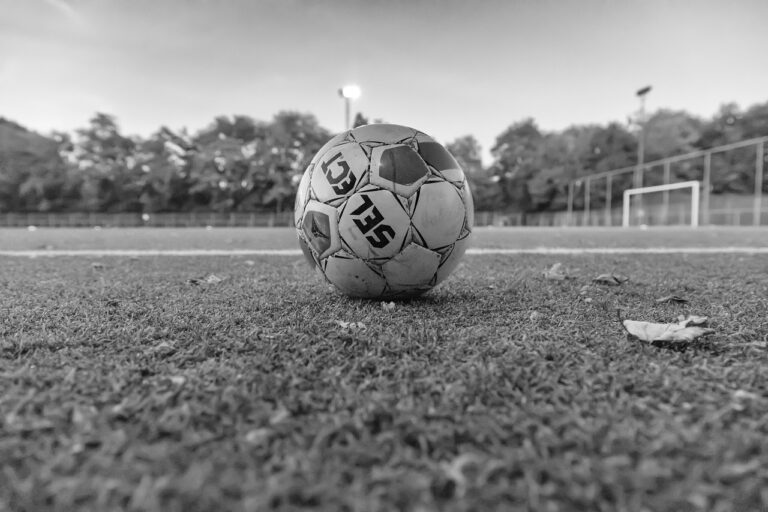The Role of Sports in Educational Programs: All panal.com, Get cricket id, Gold 365
all panal.com, get cricket id, gold 365: Sports play a crucial role in educational programs, providing students with a range of physical, mental, and social benefits. From improved physical health to enhanced teamwork skills, sports offer a well-rounded approach to education that goes beyond the classroom. Let’s explore the various ways in which sports contribute to educational programs.
Physical Health
Engaging in sports activities helps students stay physically active, promoting overall health and wellbeing. Regular exercise through sports not only improves cardiovascular fitness but also helps in maintaining a healthy weight and reducing the risk of chronic diseases such as obesity, diabetes, and heart disease. Sports also contribute to better motor skills, coordination, and agility, fostering a lifelong commitment to physical fitness.
Teamwork and Collaboration
Sports teach students the value of teamwork and collaboration, essential skills that extend beyond the field or court. By working together towards a common goal, students learn to communicate effectively, support one another, and problem-solve as a team. These skills are transferable to academic settings and future careers, where collaboration and teamwork are key to success.
Discipline and Time Management
Participating in sports requires discipline and time management skills. Student-athletes learn to balance academic responsibilities with sports training and competitions, honing time management skills that are invaluable in all aspects of life. Sports also instill a sense of accountability and dedication, teaching students the importance of setting goals and working diligently to achieve them.
Social Skills and Confidence
Sports provide opportunities for students to interact with their peers, develop friendships, and build a sense of camaraderie. Through sports, students learn valuable social skills such as communication, empathy, and leadership. Engaging in sports also boosts self-esteem and confidence, as students gain a sense of achievement and pride in their athletic abilities.
Mental Health and Stress Relief
Physical activity has been shown to have a positive impact on mental health, reducing stress, anxiety, and depression. Sports offer an outlet for students to release pent-up energy, frustrations, and emotions, promoting mental wellbeing and emotional resilience. Engaging in sports can improve mood, focus, and overall mental health, leading to better academic performance and personal growth.
Academic Performance
Contrary to the belief that sports may detract from academic success, research has shown that student-athletes often perform better academically than their non-athlete peers. Sports help students develop skills such as goal-setting, resilience, and self-discipline, which can translate into improved academic performance. Furthermore, the structure and routine of sports participation can enhance time management and study habits, leading to academic success.
In conclusion, the role of sports in educational programs goes far beyond physical activity. Sports contribute to holistic development by fostering teamwork, discipline, social skills, mental health, and academic performance. By incorporating sports into educational programs, schools can provide students with a well-rounded education that prepares them for success in all areas of life.
—
**FAQs**
**1. Are sports only beneficial for students who are naturally athletic?**
No, sports offer a range of benefits for all students, regardless of their athletic abilities. Everyone can find a sport or physical activity that suits their interests and abilities, promoting physical fitness, teamwork, and personal growth.
**2. How can schools incorporate sports into their educational programs?**
Schools can offer a variety of sports programs, including team sports, individual sports, and recreational activities. Physical education classes, intramural sports, and afterschool sports clubs are excellent ways to engage students in sports and promote a healthy lifestyle.
**3. What if a student is not interested in sports?**
While sports offer numerous benefits, not every student may be interested in participating. Schools should provide a range of physical activities and wellness programs to cater to diverse interests and abilities, promoting overall health and wellbeing for all students.







